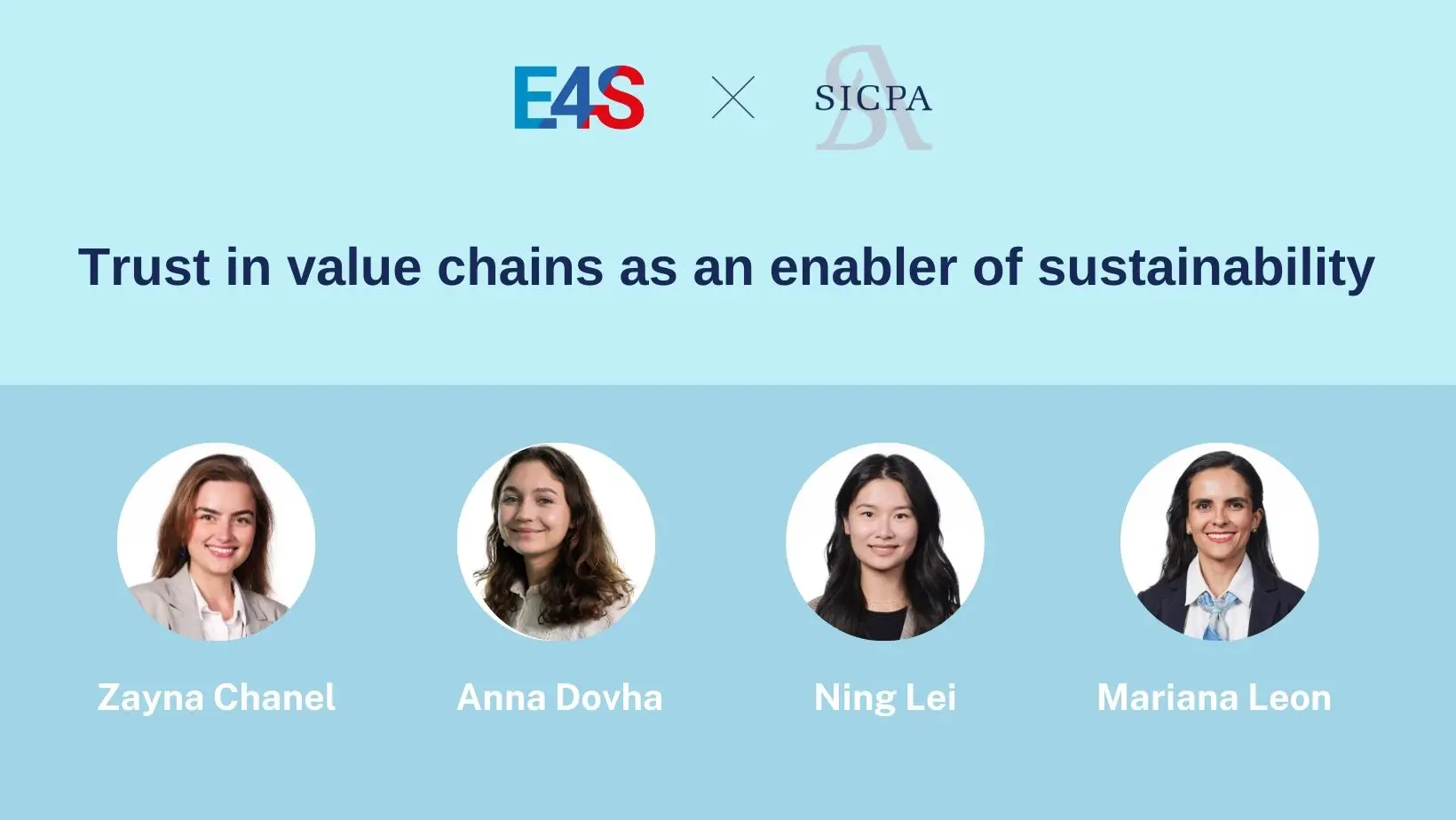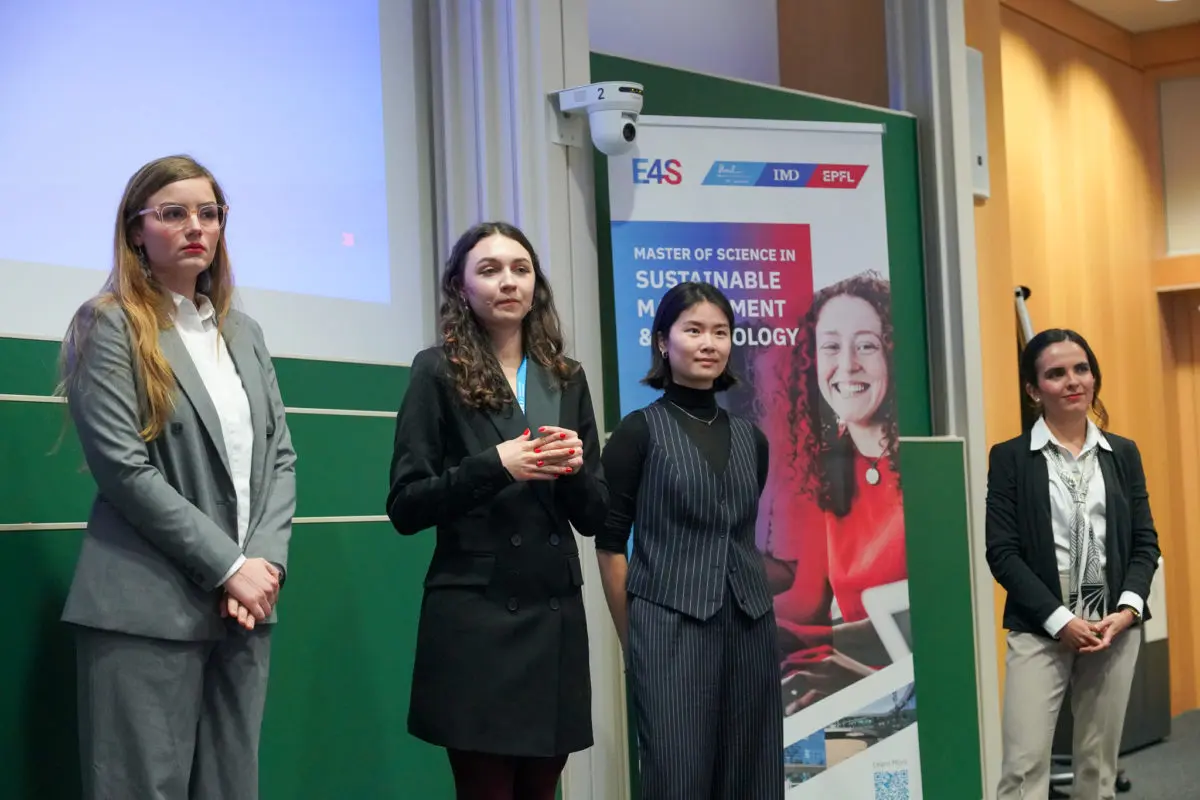
Sicpa: Trust in value chains as enabler of sustainability
As part of their Master's degree in Sustainable Management and Technology, students work on a sustainability challenge provided by a company to propose new perspectives or solutions that can have the potential to transform an industry or societal practice.
SICPA – Trust in Value Chains as an Enabler of Sustainability
In order to reach the COP Paris Agreements objectives, countries are defining and enforcing rules and taxes to encourage or force carbon emissions reduction.
As an example, the European Union (EU) is introducing a new “Carbon Border Adjustment Mechanism” tax (CBAM) on imports of Steel, Aluminum, Cement, Fertilizers and Hydrogen, which will depend upon its carbon content. Such CBAM taxes will act as a tool to decrease the carbon emissions of such products, not only in EU, but also around the world.
The carbon content of such goods will depend upon the production and manufacturing methods, the origin of the energies used (coal, fuel, natural gas, electricity, …), as well as the amounts of renewable energies (solar, wind, hydro, green hydrogen, …). Thus, a secure certification of the proof-of-origin, as well as a secure traceability of these goods, from source to destination, will be of utmost importance, so that the right amounts of CBAM taxes are collected on imports at the EU borders.
SICPA, as a world leader in traceability, can provide to governments and industries a secure proof-of-origin and traceability solution for such goods. The goal of the E4S project is to assess the market and to analyse the business value of the envisaged solution.
In this project we firstly analysed the trade flow and volumes of the CBAM goods imported in the EU from around the world. This allowed us to identify the countries and companies which are mostly affected by the introduction of these new taxes, and which could thus benefit the most from the introduction of a secure proof-of-origin and traceability solution.
To demonstrate the value of the proposed solution, we used market analysis, stakeholders identification, and business model frameworks. These tools showed that when the difference between actual carbon emissions and the EU default values is large, producers could have a strong reason to securely track and record their emissions throughout the supply chain and therefore be interested in a secure traceability system. As the results of such analysis are influenced by several variables and uncertainties, we created an interactive dashboard that offers features such as tax and scenario simulations, offering valuable insights into market potential. By helping businesses comply with CBAM and invest in greener technologies, a secure traceability solution could be transformative to align global supply chains with sustainability goals.
Students: Anna Dovha, Mariana Leon Salazar, Ning Lei, Zayna Chanel
Company’s supervisors: Philippe Thévoz from SICPA
Academic supervisor: Paul Steele
Transformative Projects’ lead: Samuel Wicki

